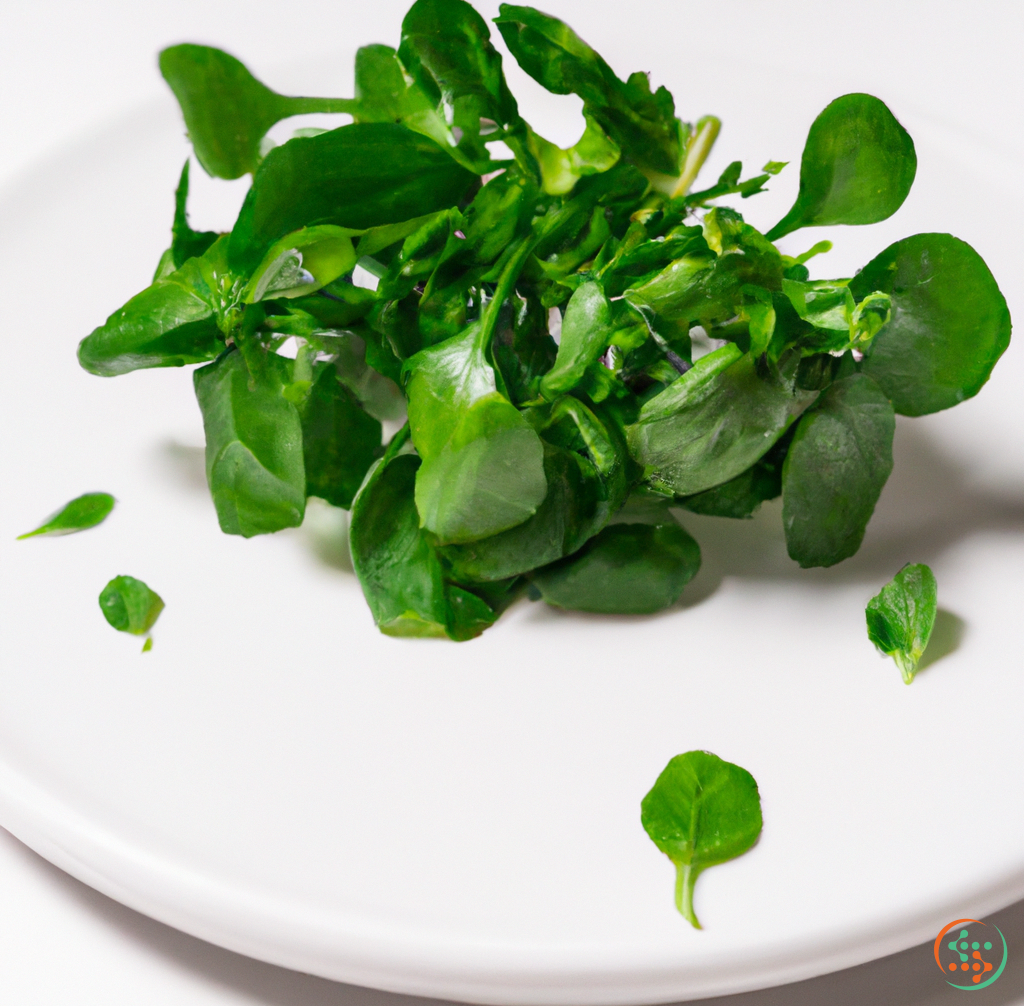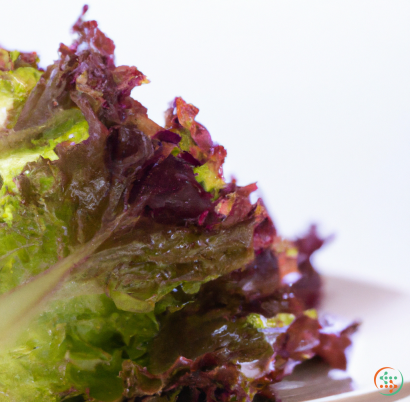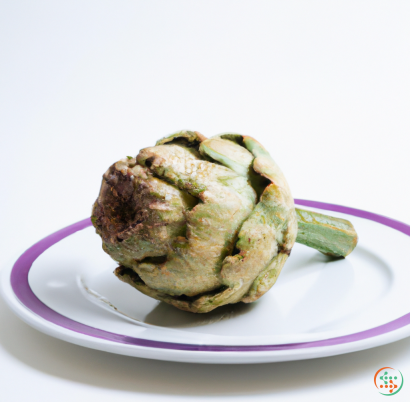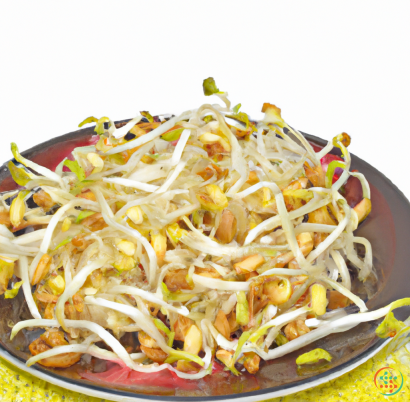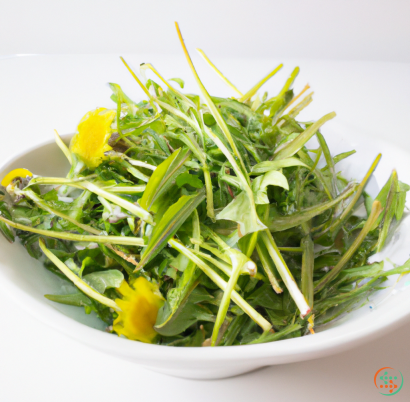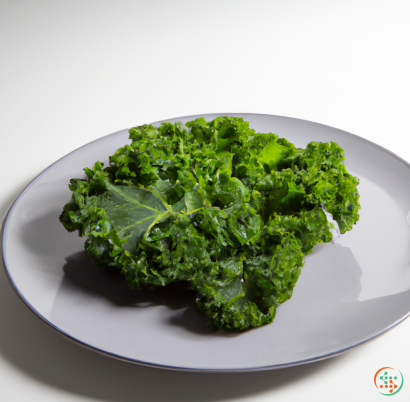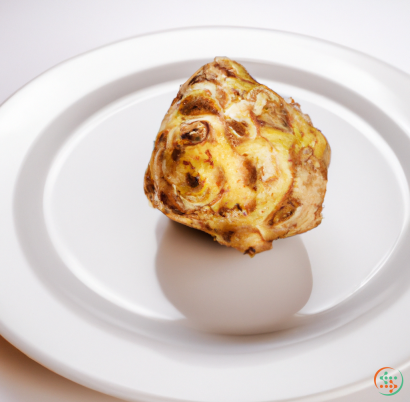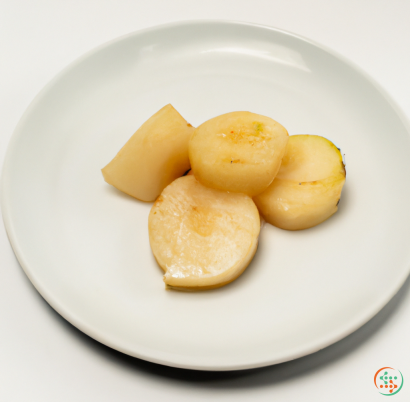Watercress: Complete Mineral Profile
Watercress: Considered a good source of minerals?
Yes, watercress is an excellent source of minerals. It's packed with important nutrients such as calcium, iron, potassium, magnesium, and phosphorus. Perhaps its most important mineral contribution is calcium; just one cup contains almost a fifth of the recommended daily intake for adults, making it a great way to help meet your calcium needs without having to consume dairy products. Watercress can also promote bone health because of its high vitamin K content. Vitamin K helps the body absorb and use calcium better, while phosphorus in watercress lends further bone-strengthening benefits. The abundance of iron in watercress translates into better energy levels, thanks to increased oxygen delivery throughout the body, while zinc helps balance hormones, regulate appetite, and build immunity against illness and infection. Potassium supports nerve transmission, healthy muscles, and cardiovascular health. Magnesium is also beneficial for blood pressure regulation, energy production, and protein synthesis. Finally, small but mighty amounts of selenium present in watercress can protect cells from damage caused by toxins and promote thyroid function. All these essential minerals provide myriad health benefits and are part of what make watercress such a popular superfood.
Watercress ‐ Mineral Information
The mineral content of watercress has made the deliciously nutritious plant an invaluable part of a healthy diet for centuries. Watercress, a cruciferous vegetable belonging to the Brassicaceae family, is packed with vitamins and minerals that are essential for proper functioning and development of our bodies as well as reducing the risk of chronic conditions such as heart disease and cancer. Minerals obtained from this leafy green can help maintain hormone balance, regulate metabolism, and keep bones strong. Let’s discuss the various minerals and their health benefits in further detail.
Calcium
------------------------
Watercress provides an excellent source of calcium, an important component in maintaining healthy bones and teeth. Calcium plays a vital role in the development of skeletal tissue and muscles by aiding in nerve impulse transmission, muscle contraction, and improving circulation throughout the body. Research suggests that children who consume sufficient amounts of calcium are less likely to suffer from childhood obesity. Consuming high levels of calcium-rich foods such as watercress helps ward off osteoporosis in adulthood.
Magnesium
----------------------------
Magnesium is another important mineral found in abundance in watercress. Magnesium maintains constant blood sugar levels and assists in regulating muscle contractions and various metabolic processes within the body. This mineral helps improve muscular relaxation and reduces fatigue, allowing us to endure physical activity and increase our energy production. Additional research indicates magnesium prevents the formation of arterial calcification, which decreases the risk of cardiovascular diseases.
Phosphorus
--------------------------------
Phosphorus is essentially involved in most bodily functions, including digestion, cellular growth, kidney function, heartbeat regulation andrepair, and cell membrane protection. In addition, phosphorus operates as a co-factor that helps activate enzymes, a process crucialfor optimal hormonal secretion and absorption. Phosphorus also works synergistically with other trace elements like sodium and potassiumto conduct electrical activities in nerves, muscles, and cells. Watercress contains a noteworthy amount of phosphorus which promotescellular respiration and control physiological processes necessary to our survival.
Folate
-------------------
Leafy greens like watercress are also rich in folate, a B vitamin essential during fetal development as it helps form new genetic materialin developing cells. Without adequate folate intake pregnant mothers may give birth to babies with birth defects, such as spina bifida. Additionally, adults need folate for maintenance of red blood cells and forbreaking down proteins appropriately and effectively. Hence, adding plenty of watercress to your diet on regular basis not only helps provideessential nutrients to support normal growth but also prevents any long-term consequences associated with insufficient folate intakesuch as anemia and cognitive malfunction.
Manganese
----------------------
Finally, watercress boasts a considerable supply of manganese, a trace mineral whose primary purpose centers around boneproduction and repair. A deficiency in manganese affects carnosine levels, causing weakened cartilage and joint pain—symptoms closelyassociated with rheumatoid arthritis. Furthermore, manganese is believed to protect the nervous system against oxidative damage causedby several metabolic toxins, enabling emotional stability and mental clarity in times of intense stress.
Conclusion
------------------
In sum, watercress showcases undeniable nutrition potential in terms of its mineral contents: calcium needed for promotinggood bone health and keeping weight under control, magnesium for managing insulin and muscle fatigue, phosphorus for assuringoptimal enzyme activation and organ functionality, folate for averting birth irregularities, and manganese for strengtheningbones and quelling inflammation. Eating watercress is one of the easiest and most effective strategies to exceed recommended dailyintakes of essential minerals and thus maximize our chances at avoiding degenerative diseases typically connected to deficiencies.
| Calcium | 0.12 grams |
Daily Value 1.3 g
|
| Iron | 0.2 mg |
Daily Value 0.018 g
|
| Magnesium | 0.021 grams |
Daily Value 0.4 g
|
| Phosphorus | 0.06 grams |
Daily Value 1.25 g
|
| Potassium | 0.33 grams |
Daily Value 4.7 g
|
| Sodium | 0.041 grams |
Daily Value 2.3 g
|
| Zinc | 0.11 mg |
Daily Value 0.011 g
|
| Copper | 0.08 mg |
Daily Value 0.9 mg
|
| Manganese | 0.24 mg |
Daily Value 0.0023 g
|
| Selenium | 0.9 ug |
Daily Value 0.055 mg
|
